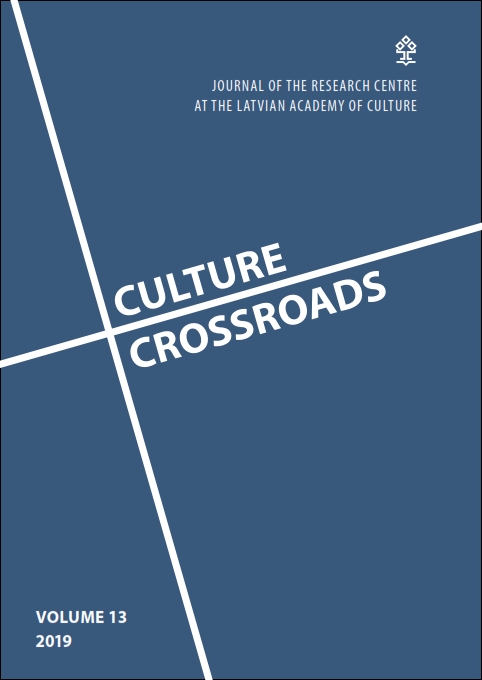Role of Street Art and Graffiti in Urban Development Planning. The Analysis of the City of Riga
Role of Street Art and Graffiti in Urban Development Planning. The Analysis of the City of Riga
Author(s): Oskars GobaSubject(s): Visual Arts, Public Administration, Social development, Rural and urban sociology, Sociology of Culture, Sociology of Politics, Sociology of Art
Published by: Latvijas Kultūras akadēmija
Keywords: street art; graffiti; public art; urban design; development planning; Riga; urban change and regeneration;
Summary/Abstract: Creative city discourses have named the arts as a driver of urban change and regeneration. Although governments continue to criminalize graffiti, they have taken part in the creative city discourses [McAuliffe 2012]. Opportunities for graffiti writers to have their graffiti recognised as something valuable have arisen. Meanwhile street art has been recognised as a legitimate urban artistic practice [McAuliffe 2013]. Nevertheless, the strategic urban development planning of the city of Riga does not include street art and graffiti. Meanwhile Lisbon municipality pursues these practices strategically. It has established street art and graffiti as fields of expertise of The Department of Culture Heritage. It is responsible for the institutionalization of street art and graffiti in Lisbon. However, Riga city representatives lack the knowledge and understanding about the positive contribution of street art and graffiti. Initiatives to create legal places for graffiti in Riga have been unsuccessful because the views of the municipality members and the graffiti writers in regard to these territories and their use have differed greatly. Besides, the development planning in the city of Riga is a relatively new practice; therefore, planning in specific fields has not been developed yet. This article will examine how graffiti and street art supports urban development and how these practices are implemented in the cities of Riga and Lisbon.
Journal: Culture Crossroads
- Issue Year: 13/2019
- Issue No: 1
- Page Range: 73-83
- Page Count: 11
- Language: English

